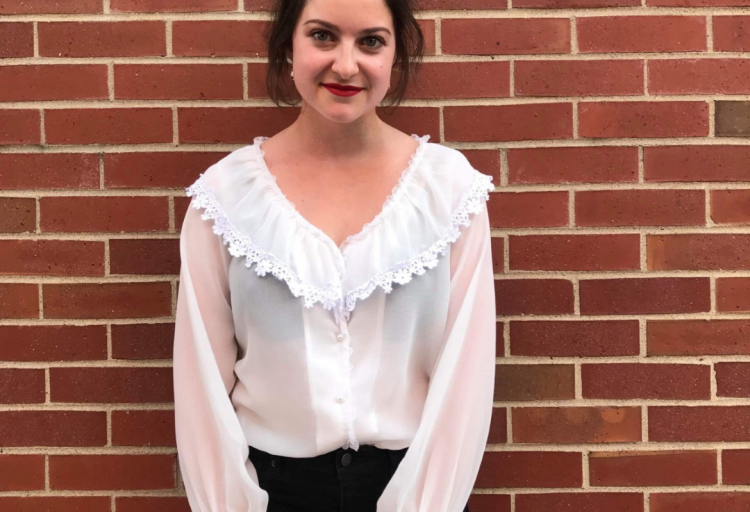Study abroad programs allow students to pay tuition at their primary university and travel across the world for weeks or months at a time to a foreign university to further their education, with a selection of locations ranging across several continents.
APSU provides four different kinds of the study-abroad programs. The first is a faculty-led program which include a group of about 10 to 30 students. The program lasts between one and six weeks, with a possible maximum of eight credit hours.
The second is an exchange program which would last a semester to an academic year. This option is a more independent kind of travel where about 12 credit hours are offered.
The third is the consortium program where students can travel with other students from other universities.
Lastly, there are internship programs offered internationally where placements are mostly unpaid and last five to nine weeks.
Marissa Chandler, director of Study Abroad and International Exchange at APSU, said she believes the program allows for cultural competence.
“It is such a great opportunity,” Chandler said. “There are so many cultures to learn from, and this program allows you to go straight to the source.”
“Financial aid paid for everything,” senior Spanish and French Major Sarah Mobley said.
Mobley went to Spain with senior Spanish major Alaina Davis, whom she had met through the program. The two exchange students went twice for five weeks.
“I was not at the level [in Spanish] that I wanted to be,” Mobley said. “The program allowed me to improve so much.”
Describing the first day, Davis said she needed to get situated the night of arrival, because they “hit the ground running” the next morning.
The program says studying abroad is the optimal way to learn a language. Participants are surrounded by language used in the proper cultural context. Similarly, studying abroad will aid in developmental skills and experiences that a classroom cannot offer. Many connections and opportunities are possible.
“I wanted classroom enrichment, and I got it,” Davis said. The Peer Mentor and Sigma Delta Pi President also said they have a “good dynamic” with the locals.
“They would teach me Spanish, and I would teach them English,” he said.
Chandler said she realized students who go abroad tend to go again and recommend others to do the same.
“When you first go you have culture shock,” Mobley said. “It is a beautiful environment, and you cannot help but sight-see. Going again, however, allows you to focus on why you are actually there.”
While the primary focus of the study-abroad program is education, senior biology major Nicholas Harriel said “we have fun.”
Harriel went to Belize last year for biodiversity with a group of 15 other students.
They stayed at the Tropical Research and Education Center, a facility manned by an American researcher, his family and employees.
The facility was near bodies of water and surrounded by jungle vegetation. They went in December and experienced 80-degree weather.
“We would get ready to be picked up at about seven in the morning and learn until four or five,” Harriel said. “We had a one-day break.”
Throughout the break, the biodiversity students drove around the towns and ancient Mayan ruins.
While learning, however, editor-in-chief of “Explore Your World” magazine swam in “clear blue water with schools of baby fish, squids and octopus,” blending the line between work and play.
“We even saw a wild iguana while lounging around the research center,” Harriel said.
A commonality between Chandler and the students who visited foreign locations to further their academic understanding was the emphasis on getting out of the country and their established comfort zone.
Not every student is aware of the benefits that come hand-in-hand with studying abroad. Some might be confused as to what they should do first, while others are concerned with finances or being a fish out of water.
While Mobley could get her trip paid for by financial aid, the same cannot be said for every student.
“Decide at the beginning of the semester” Harriel said. “There are many scholarships offered specifically for APSU students who want to study abroad.”
There is a give and take with opportunities such as being able to travel to foreign countries and getting credits for your university.
With a page on the APSU website and profiles in social media platforms students are provided ample resources, and people to help “enrich” their collegiate experience and further their worldly understanding for all majors.
In Winter of 2017, the Study Abroad program will host “LONDON: From Hogwarts to Wonderland,” where students will be able read a variety of British children’s literature and watch as stories come to life through plays and performances.







